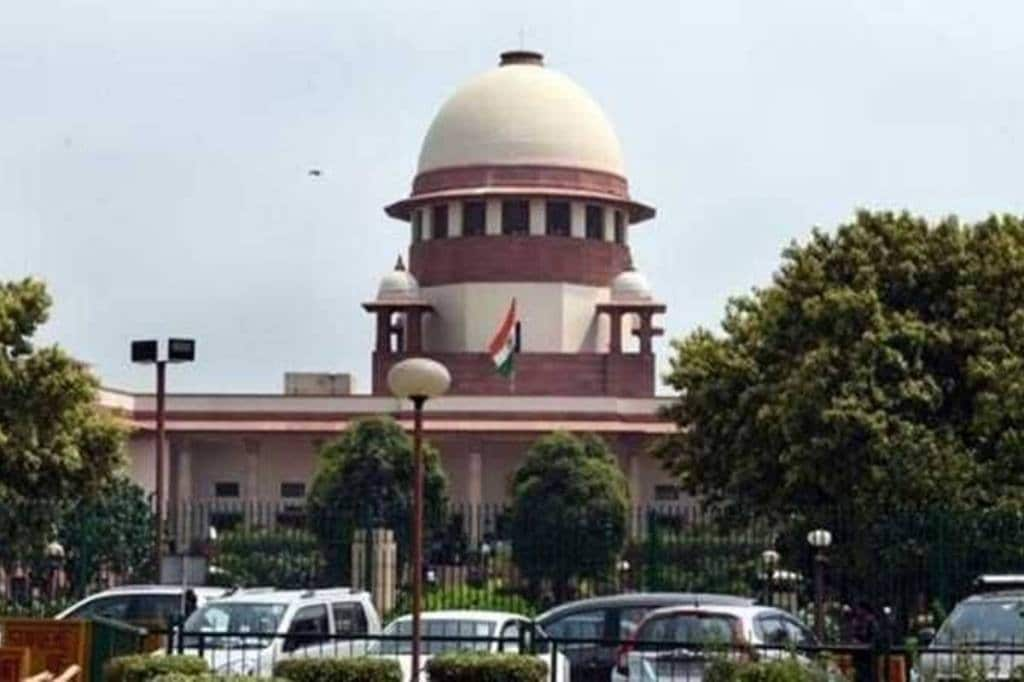In a setback for Uddhav Thackeray-led Maha Vikas Aghadi government, the Supreme Court today rejected the state’s plea challenging an order of the Bombay High Court dismissing the state’s petitions for forming a Special Investigation Team (SIT) to probe the corruption case against former home minister and NCP leader Anil Deshmukh.
A bench of Justices S K Kaul and M M Sundresh dismissed the plea filed against the high court order dated December 15, 2021.
“It is complete red herring? I thought the state will see some sense. But, these are different nature of battles. Sorry, dismissed,” the bench said.
Appearing for the Maharashtra government, senior advocate C A Sundaram contended that the current CBI director was the former DGP of Maharashtra and part of the Police Establishment Board which oversaw the transfer and postings and asked how the CBI could investigate its own conduct.
“The present director of CBI at the relevant time was the Chairman of the establishment board responsible for the transfer. He will either be possibly an accused or definitely a witness. I am not going into the likelihood of bias, a person who is relevant as a witness or an accused, he was directly involved…My only submission is that if this is the situation that has arisen your lordship may constitute a SIT or whoever to investigate the matter,” Sundaram said.
The High Court had in December last year dismissed the Maharashtra government’s petitions for forming an SIT to probe the corruption case against Deshmukh on the ground that CBI’s investigation was not impartial. The high court had also dismissed the state’s argument that the present CBI director Subodh Jaiswal should not head the central agency’s ongoing probe only because he was the DGP of Maharashtra when Deshmukh was home minister.
On March 24, the apex court had transferred to the CBI the investigation in multiple cases against former Mumbai police commissioner Param Bir Singh over allegations of misconduct and corruption saying “a very murky affair is going on amid echelons of power”.
(With PTI inputs)

